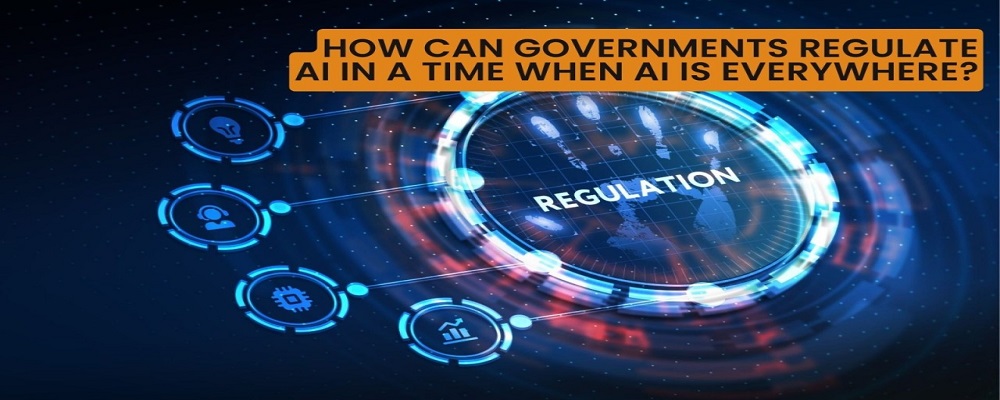Overview of AI Regulation in the United States
Artificial Intelligence (AI) technologies have seen rapid advancements in recent years, leading to both excitement and concerns about their impact on society. As AI becomes more prevalent in various industries, the U.S. government has been working to establish regulations to ensure the responsible development and deployment of AI technologies.
Current Regulatory Landscape
At present, the regulation of AI technologies in the United States is primarily guided by a combination of sector-specific laws and regulations, as well as broader principles that govern emerging technologies. There is no single comprehensive regulatory framework that specifically addresses AI, which has led to calls for more targeted regulation in this rapidly evolving field.
Federal Agencies Involved in AI Regulation
Several federal agencies play a role in regulating AI technologies in the United States. The Federal Trade Commission (FTC) focuses on consumer protection and has been active in enforcing laws related to AI, such as those governing deceptive practices and unfair competition. The Food and Drug Administration (FDA) regulates AI applications in healthcare, ensuring the safety and effectiveness of AI-driven medical devices.
The Department of Transportation oversees the regulation of autonomous vehicles, which rely heavily on AI technologies for navigation and decision-making. Additionally, the National Institute of Standards and Technology (NIST) is developing guidelines and standards for AI technologies to promote interoperability and trustworthiness.
Legislative Efforts to Regulate AI
In recent years, there have been several legislative initiatives aimed at regulating AI technologies in the United States. The Algorithmic Accountability Act, introduced in Congress, seeks to hold companies accountable for the potential biases and discrimination in AI systems. The National Artificial Intelligence Initiative Act aims to coordinate federal AI research and development efforts to ensure U.S. leadership in AI innovation.
Furthermore, discussions are ongoing about the need for a comprehensive AI regulatory framework that addresses issues such as data privacy, algorithm transparency, and ethical considerations in AI development and deployment.
Ethical Considerations in AI Regulation
As AI technologies become more integrated into society, ethical considerations have become a crucial aspect of AI regulation. Issues such as algorithmic bias, data privacy, and accountability are central to ensuring that AI technologies are developed and used in a responsible manner. Stakeholders, including government agencies, industry leaders, and advocacy groups, are actively engaged in discussions about the ethical implications of AI and how best to address them through regulation.
Challenges in AI Regulation
Despite efforts to regulate AI technologies, there are several challenges that regulators face in overseeing this rapidly evolving field. One major challenge is the pace of technological advancement, which often outpaces the development of regulatory frameworks. Additionally, the complexity of AI systems and the lack of transparency in some AI algorithms make it difficult to assess their impact and ensure compliance with regulations.
Moreover, the global nature of AI development and deployment presents challenges in harmonizing regulations across different jurisdictions. Coordination and collaboration among governments, industry stakeholders, and international organizations are essential to address these challenges and develop effective regulatory approaches to AI technologies.
Future Directions in AI Regulation
Looking ahead, the regulation of AI technologies in the United States is likely to evolve to address the growing complexity and impact of AI on society. There is a need for greater transparency and accountability in AI systems, as well as mechanisms to address issues such as bias, discrimination, and privacy concerns. Collaboration between government, industry, and civil society will be crucial in shaping the future regulatory landscape for AI technologies.
In conclusion, as AI technologies continue to transform various aspects of society, the regulation of AI in the United States will play a vital role in ensuring that these technologies are developed and deployed in a responsible and ethical manner. With ongoing efforts to address regulatory challenges and promote innovation, the future of AI regulation holds significant implications for the future of technology and society as a whole.

